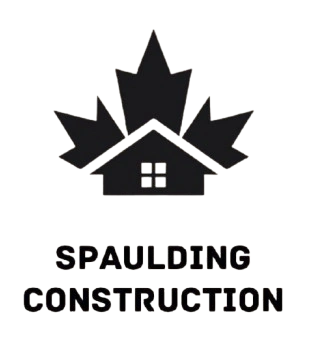The Role of Windows in Reducing Energy Use
In our quest for a more energy-efficient home, many look first at their windows. The right window setup can save money and energy. Poorly installed windows may lead to drafts or heat loss, making your heating or cooling system work harder. This increases energy bills and reduces comfort. Understanding how proper window installation contributes to improved energy efficiency helps make informed decisions when upgrading your home’s windows.
Impact on Heating and Cooling Costs
Many people don’t realize just how much impact their windows have on their home’s overall temperature control. When you install windows with attention to sealing and placement, you minimize air leaks. These air leaks can significantly raise your heating and cooling costs. Well-installed windows keep the indoor environment stable, reducing the need for constant adjustments to your HVAC systems.
How Insulation Plays a Part
Insulation is vital for saving energy, and it’s not only about what’s in your walls or attic. The way your windows are installed plays a huge role too. Proper window installation ensures that gaps around the frames are sealed effectively. Without these seals, even the best-insulated windows can’t prevent drafts. This makes insulation a partner in energy efficiency efforts alongside well-fitted windows.
Types of Energy-Efficient Windows
Choosing the right type of window can enhance energy savings further. Here are some options:
- Double-pane windows: They provide better insulation than single-pane by trapping air between the panes.
- Low-emissivity (Low-E) glass: This coating reflects heat while allowing light to pass through.
- Argon or krypton gas fills: These gases improve thermal performance compared to regular air.
Installation Techniques That Maximize Benefits
The method used for installing windows affects their performance as much as the windows themselves do. Careful measurements ensure snug fits, preventing gaps that cause drafts. In addition, using high-quality weatherstripping materials enhances the seal around each window frame. By employing these techniques, professionals make sure that each window contributes maximum benefits toward your home’s energy efficiency goals.
Avoiding Common Mistakes
Even small mistakes during the installation process can negate any energy-saving benefits. For example, failing to level a window correctly might lead to operational issues and drafts. It’s also crucial to check that all caulking is applied evenly to avoid moisture infiltration. Using professional services often helps homeowners avoid such pitfalls and secure a longer-lasting solution.
Financial Considerations
While upgrading windows involves upfront costs, it’s crucial to consider long-term savings on utility bills. Energy-efficient windows often come with rebates or tax incentives that reduce initial expenses. The return on investment from reduced energy use adds value over time, making this an attractive option for budget-conscious homeowners looking to improve their property’s efficiency.
Expert Recommendations for Optimal Performance
If you’re aiming for top-notch results, experts suggest a thorough evaluation of existing windows before deciding on replacements or repairs. Factors like climate conditions, home orientation, and existing insulation should guide the choice of window types and installation methods. Staying informed about industry standards ensures that projects meet both current requirements and future expectations.
Ensuring Long-Term Satisfaction With Your Investment
Your journey towards a more energy-efficient home starts with understanding how proper window installation impacts energy use. Reach out to Spaulding Construction for expert guidance on achieving optimal results with your new windows. Located in Crown Point, NY, we offer personalized solutions tailored to your needs. Contact us at (518) 873-0976 today to discover how our team can help lower your energy bills while enhancing your home’s comfort.
